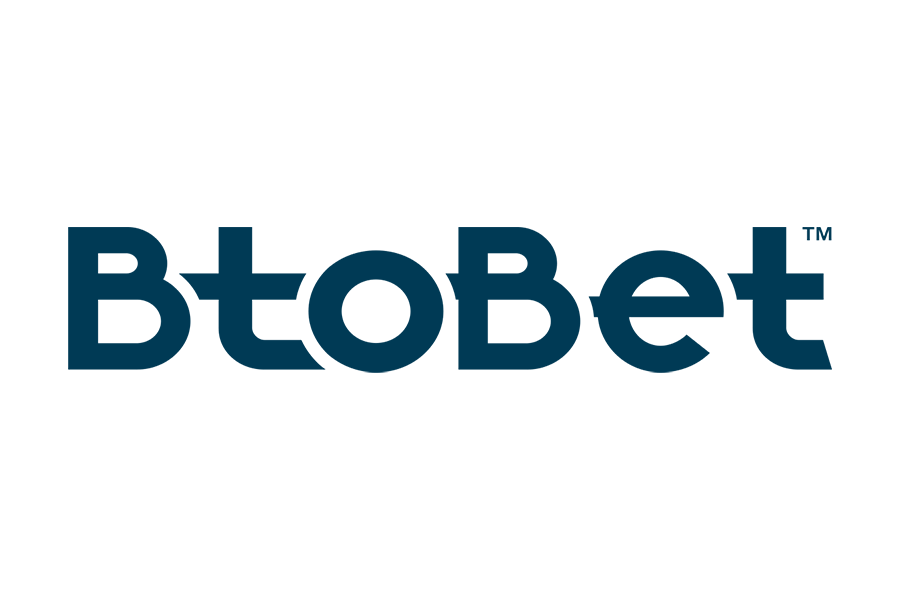Why shifting online is a safe bet for the igaming industry in Africa

BtoBet, the pioneer in the sports betting and online casino technology solutions, has released a new report on Africa’s igaming industry.
The world was caught off guard by the current coronavirus pandemic which had a major impact on global health. This crisis caused many major sports and entertainment events to be cancelled or postponed, it was the reason many businesses had to put a lock on their doors, and it’s responsible for disrupting life as we know it.
On the other hand, Africa has managed to handle this situation far better in comparison with other regions such as Europe and the US. The continent has kept the numbers of active cases under control and has not experienced the upward spike the other regions have.
The impact of the pandemic on the iGaming Industry in Africa
The gambling industry was one of the first industries to feel the devastating impact of the pandemic as many sportsbook live events were brought to a halt almost instantly. A huge shortage of live content meant only one thing for the operators – loss in terms of turnover, as many operators registered more than 70% in loss of revenue.
Retailers were forced to act quickly and adapt to these newly developed circumstances. Re-thinking entire business models, coming up with alternative content, redistributing the entire revenue stream in a very short time-to-market was causing severe headaches to the operators.
Moreover, the lower percentage of smartphone and internet penetration accompanied by higher costs for mobile data compared to more mature markets further underlined the fact local industry was far more impacted by the pandemic than it would seem so.
Online operators were able to diversify their streams by implementing contingency plans in form of alternative content and cross-sell it to their target players, whereas retail operators had to go through the difficulties of migrating to the digital realm to try and maintain their market share and retain their fold of players.
Unsuccessful transfer of virtual sports
Virtual sports, especially in Europe have played a pivotal role in lessening the enormous negative impact of the pandemic for many operators. As further proof of their success are the numbers associated with the UK’s Virtual Grand National, attracting an audience of 5 million viewers, and the bets placed on the race raised over 2.5 million pounds.
So, one must ask the question, why did this trend of shifting over to virtual sports did not pick up in Africa as it did in other regions? Well, first and foremost in Africa and especially in Nigeria fixed odds betting is still very dominant and is the primary revenue generator. Secondly, even if taking into account the tangible technological improvements over the last couple of years, retail is still king in Africa. Also, the internet coverage in the region is very low resulting in high latency which can make online streaming of online events unenjoyable, and on top of that if you add the fact that the cost of mobile data is relatively high, this further hinders the development of the virtual sports vertical.
Upcoming changes in the scenario
The current scenario will experience changes in the short to medium term, thanks to the infrastructural growth registered across the entire continent. Such growth will be of much-needed help to the service providers and operators in their quest to further enhance the betting experience in Africa. Worth mentioning once again is Nigeria, with its 203 million people out of which 169.2 million have mobile subscriptions which is roughly equivalent to 83% penetration rate, putting Nigeria at the top in terms of mobile subscription rates on the continent.
Another important fact to highlight is the steady growth in terms of mobile and internet penetration compared to last year, mobile phone connections registered an increase of 7.7% (+12 million connections) from January 2019 to January 2020, whereas the percentage of internet users has increased by 2.6% (+2.2 million users) during the same period.
The average speeds of internet connections have also greatly improved, with mobile internet connections registering a 31% year-on-year increase, with fixed internet connections registering an 11% yearly increase.
The smartphone is the device of choice for 95% of the users to gain access to the internet with the average daily time spent on the internet at around 4 hours and 50 minutes, which is quite high.
More data to be consumed
Consumption of data in Nigeria is expected to have quite a growth with a compound annual growth rate (CAGR) of 44.9% to 2023 when traffic will reach 11.9 billion GB, which is a huge step forward if you compare it with the 2018 situation of 1.9 billion GB. Even though videos will be the most consumed type of content, there is expectance for growth in other segments such as music and Web browsing as well with a CAGR of slightly above 70%.
The industry post Covid-19
We can expect the iGaming’s legislative reforms to be put into the spotlight in these post-Covid-19 months, where we can see a shift towards massive regulation of many markets in Africa which are still lagging in the process. This puts the iGaming industry in a position where it can help the governments to weather the storm caused by the pandemic, not only as a resource for tax revenue but as a source for job opportunities during these difficult times as well.
The industry is slowly but surely becoming more and more digital, players are becoming fonder of remote betting, and in such a scenario, markets should opt to shift their business models towards the digital realm in order meet players’ requirements, enhance their betting experience and increase revenues.










